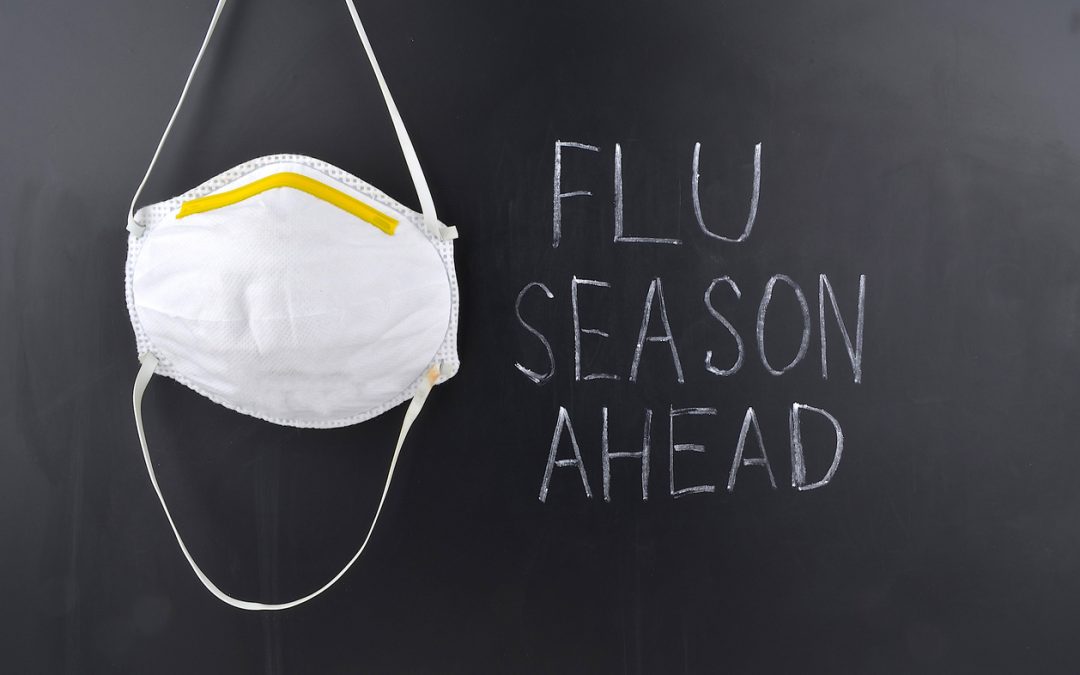Flu Season 2020
After more than 7 months of dealing with the impacts of COVID-19, the last thing you probably want to think about is flu season. Unfortunately, fall is when cases of the flu begin to pick up. Cases typically peak in December through February, and can last until May, says Natasha Bhuyan, MD, an infectious disease specialist and family physician in Phoenix, Arizona.
In her interview for Women’s Health Magazine, Dr. Bhuyan also explained that the United States often observes other countries during their flu season to predict what ours will look like. However, the fact that COVID-19 cases are continuing to increase in the United States has added a layer of complexity to flu season predictions this year. In addition, the flu and COVID-19 have very similar symptoms so distinguishing between the viruses may prove to be difficult.
Precautions to Take
On a positive note, the general public is more educated this year on how viruses spread and the measures we’re taking to prevent the spread of COVID-19 can also decrease transmission of the flu. Listed below are steps to take this flu season to not only help defend you and your family from the flu, but also from COVID-19.
- Continue to follow the CDC guidelines for mask wearing and social distancing.
- Wash your hands frequently with soap for at least 20 seconds. If soap and water are not available, use an alcohol-based scrub or hand sanitizer.
- Avoid close contact with people who are sick and when you are sick, keep your distance from others to protect them from getting sick.
- For those that have returned to work and school, be sure to stay home when you are sick. If possible, also avoid running errands when you are sick to prevent spreading your illness to others.
- Cover your mouth and nose with a tissue when coughing or sneezing. The flu and other serious respiratory illnesses, like COVID-19, are spread by coughing, sneezing, or unclean hands.
- Avoid touching your eyes, nose or mouth. Germs are often spread when a person touches something that is contaminated with germs and then touches his or her eyes, nose, or mouth.
- Clean and disinfect frequently touched surfaces at home, work or school, especially when someone is ill.
- Get yourself on a sleep schedule and aim for quality sleep of at least 7-8 hours to allow your body to rest and recuperate.
- Stay as physically active as possible. Get up, stretch and walk around often during work hours. You can also consider joining virtual workout classes through YouTube, Peloton, etc.
- Eat a healthy, nutritious diet full of whole foods and lean proteins, and limit your intake of sugar.
- Stay hydrated and find healthy ways to manage your stress. Both dehydration and chronic stress can decrease your immune system’s ability to fight viruses.
For more information on flu season, COVID-19 and what to expect this year, visit CDC.gov!








